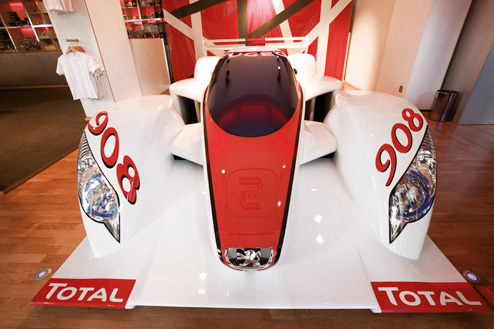Wine Tasting
Tourists know about beer; residents know about wine. In a country with a reputation for beer drinking, the consumption of wine is nearly as high – with quality production to match. Germany is the ninth-largest wine-producing nation in the world, and many Germans, especially in the south, prefer wine to beer. Most German wine is produced in the Rhineland, with sweet Riesling and Liebsfraumilch (‘milk of a beloved woman’) the most common varietals. Sekt, Germany’s drier answer to champagne, is well worth trying.
Many of the wine-tasting classes available cross over with cooking classes, with teachers advising students on what goes best with which dish.
One school that focuses entirely on oenology is Savoir Faire (030 2345 6847, www.weinseminar.de), where you get to sample in their cosy cellar. It offers basic classes, as well as those on wine from France, Spain, and Australia (€69 to €89), and a popular course jointly given with an etiquette expert from one of Berlin’s upscale restaurants (€198). Deutsche Wein und Sommelierschule (www.berlin.weinschule.com) is a training school for those who want to become professional sommeliers, but it also offers one-day seminars, including one called ‘a diversity of Rieslings’ (€149).
A more modest but still extremely fun way to sample are tastings at your local wine store, enoteca, or wine bar. Most good quality Weinkeller in Berlin hold them regularly. Also worth investigating is the annual competition for the Berliner Wein Trophy (www.berliner-wein-trophy.de) under the auspices of the Berlin Wine Fair.
For further information on wine and Germany’s producing districts, see the non-commercial www.winepage.de. Connoisseurs should check out Weinwirtschaft magazine (www.weinwirtschaft.de).
Many of the wine-tasting classes available cross over with cooking classes, with teachers advising students on what goes best with which dish.
One school that focuses entirely on oenology is Savoir Faire (030 2345 6847, www.weinseminar.de), where you get to sample in their cosy cellar. It offers basic classes, as well as those on wine from France, Spain, and Australia (€69 to €89), and a popular course jointly given with an etiquette expert from one of Berlin’s upscale restaurants (€198). Deutsche Wein und Sommelierschule (www.berlin.weinschule.com) is a training school for those who want to become professional sommeliers, but it also offers one-day seminars, including one called ‘a diversity of Rieslings’ (€149).
A more modest but still extremely fun way to sample are tastings at your local wine store, enoteca, or wine bar. Most good quality Weinkeller in Berlin hold them regularly. Also worth investigating is the annual competition for the Berliner Wein Trophy (www.berliner-wein-trophy.de) under the auspices of the Berlin Wine Fair.
For further information on wine and Germany’s producing districts, see the non-commercial www.winepage.de. Connoisseurs should check out Weinwirtschaft magazine (www.weinwirtschaft.de).













